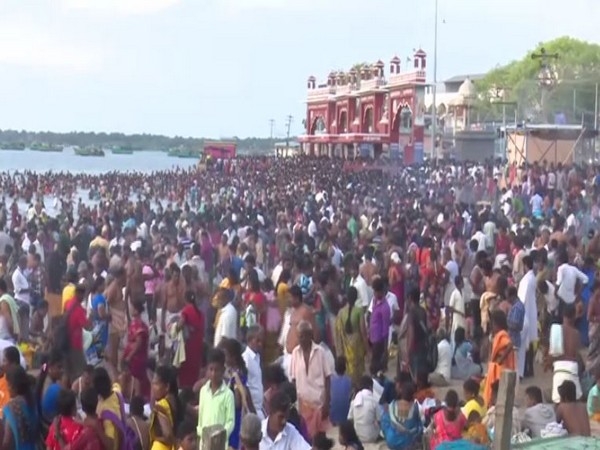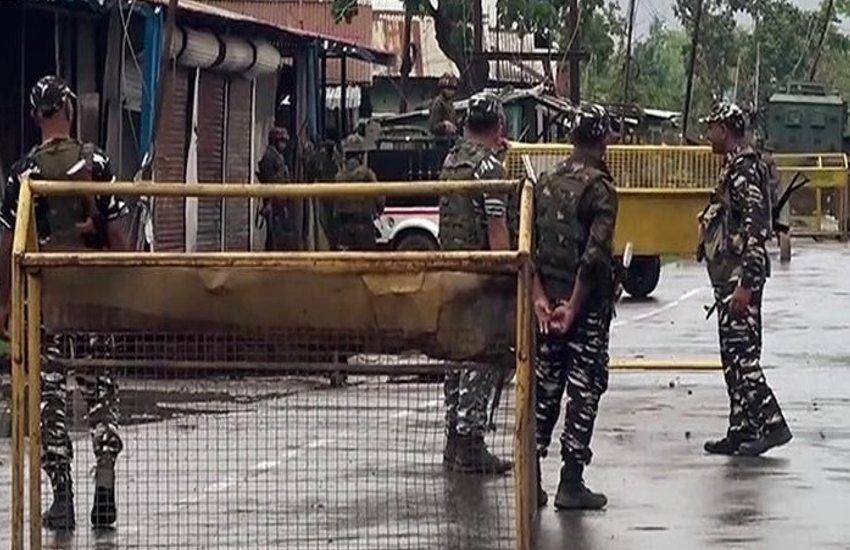
In a last ditch effort to escape the noose, Vinay Kumar Sharma, one of the four men sentenced to death in the Nirbhaya gang rape and murder case, filed a curative petition in the Supreme Court on Thursday. A curative petition is the last legal remedy available to a convict.
On Tuesday, a Delhi court issued death warrants against Mukesh (32), Pawan Gupta (25), Vinay Sharma (26) and Akshay Singh (31) and said they will be hanged on January 22 at 7 am in Tihar jail. In his curative plea, Vinay said his young age has been erroneously rejected as a mitigating circumstance. "The petitioner's socio-economic circumstances, number of family dependants including ailing parents, good conduct in jail and probability of reformation have not been adequately considered leading to gross miscarriage of justice," the plea said.
It said the court's judgment has relied on factors such as "collective conscience of society" and "public opinion" in deciding the sentence to be imposed on him and others. "The impugned judgment is bad in law as subsequent judgments of apex court have definitely changed the law on death sentence in India allowing several convicts similarly placed as him to have their death sentence commuted to life imprisonment," the plea said.
It further said that after pronouncement of the apex court's judgment in 2017 there have been as many as 17 cases involving rape and murder in which various three-judge benches of the top court have commuted the death sentence.
The 23-year-old paramedic student, referred to as Nirbhaya, was gang raped and brutally assaulted on the intervening night of December 16-17, 2012 in a moving bus in south Delhi by six people before being thrown out on the road. She died on December 29, 2012 at Mount Elizabeth Hospital in Singapore.
On July 9, 2018 , the apex court had dismissed the review pleas filed by the other three convicts in the case, saying no grounds have been made out by them for review of the 2017 verdict. One of the six accused in the case, Ram Singh, allegedly committed suicide in the Tihar Jail here.
A juvenile, who was among the accused, was convicted by a juvenile justice board and was released from a reformation home after serving a three-year term. The top court in its 2017 verdict had upheld the capital punishment awarded to them by the Delhi High Court and the trial court.
-PTI
Also Read: JNU Violence Protest: After Mumbai, ‘Free Kashmir’ poster spotted in Mysore University







![BJP's Kapil Mishra recreates Shankar Mahadevan’s ‘Breathless’ song to highlight Delhi pollution [WATCH] BJP's Kapil Mishra recreates Shankar Mahadevan’s ‘Breathless’ song to highlight Delhi pollution [WATCH]](https://images.catchnews.com/upload/2022/11/03/kapil-mishra_240884_300x172.png)

![Anupam Kher shares pictures of his toned body on 67th birthday [MUST SEE] Anupam Kher shares pictures of his toned body on 67th birthday [MUST SEE]](https://images.catchnews.com/upload/2022/03/07/Anupam_kher_231145_300x172.jpg)






